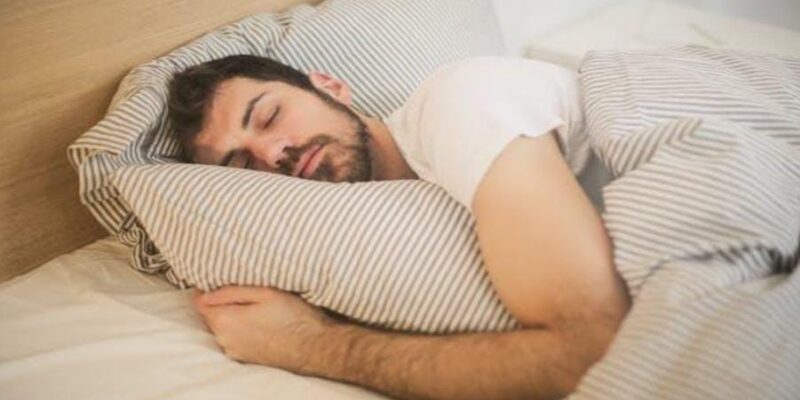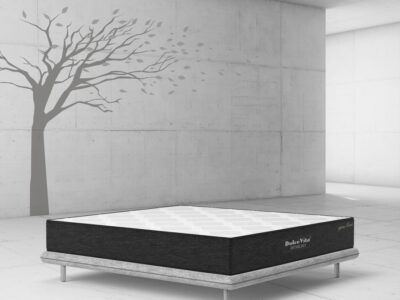
What You Need to Know
Introduction
How might your nightly nicotine pouch habit be affecting your sleep? You’re not alone. Whether you’re a former smoker, health enthusiast, or someone looking to quit smoking, understanding the impact of nicotine on your sleep is crucial for maintaining a healthy lifestyle. This blog post will explore how nicotine pouches influence sleep patterns and well-being. By the end, you’ll have a clearer understanding of what to expect and how to make informed decisions about your nicotine use.
The Science Behind Sleep
Sleep is an essential function that allows your body and mind to recharge, leaving you refreshed and alert when you wake up. Healthy sleep patterns contribute significantly to your mental and physical health. However, various factors can disrupt these patterns, and nicotine is one of them. Before we dig into how nicotine pouches affect sleep, let’s understand the science behind sleep.
Sleep Cycles
Your sleep consists of cycles, each with stages ranging from light to deep sleep and REM (rapid eye movement) sleep. These cycles are vital for cognitive functions, memory consolidation, and emotional regulation. Disruptions at any stage can lead to poor sleep quality and subsequent health issues.
Sleep Hormones
Melatonin is a hormone responsible for regulating your sleep-wake cycle. Produced in the pineal gland, its levels rise in the evening, signaling your body that it’s time to sleep. Any disruption in melatonin production can upset your natural sleep cycle, leading to insomnia or other sleep disorders.
Nicotine’s Impact on the Brain
Nicotine is a stimulant that affects your brain’s neurotransmitters, particularly dopamine. Dopamine is known as the “feel-good” hormone, responsible for the pleasure and reward system in your brain. When you use nicotine pouches, your brain releases dopamine, which can create a feeling of euphoria but also lead to dependency. But what happens to your brain when you consume nicotine close to bedtime?
Increased Alertness
Nicotine consumption increases your heart rate and alertness, making it difficult for your brain to switch to sleep mode. This heightened alertness can prevent sleep onset, resulting in delayed sleep onset.
Disrupted Sleep Architecture
Nicotine can significantly affect the structure of sleep or sleep architecture. Studies show that nicotine consumption can reduce the time spent in REM sleep, a crucial stage for cognitive functions and emotional health. Reduced REM sleep can lead to fatigue, irritability, and mental impairments.
Withdrawal Symptoms
If you’re trying to quit smoking or reduce nicotine intake, withdrawal symptoms can further disrupt your sleep. Insomnia, restlessness, and night sweats are common among individuals experiencing nicotine withdrawal, adding another layer of complexity to sleep disturbances.
How Nicotine Pouches Differ from Other Nicotine Products
Nicotine pouches are often a safer alternative to smoking or vaping, but how do they compare? It’s important to understand their specific impact to make informed choices.
No Combustion
Unlike cigarettes, nicotine pouches don’t involve combustion, eliminating harmful smoke and tar. It can reduce respiratory issues and make them a preferable option for those looking to quit smoking. However, the absence of smoke doesn’t necessarily mean they are harmless, especially concerning sleep.
Controlled Dosage
Nicotine pouches are available in various strengths, allowing users to control their nicotine intake more precisely. While this can be beneficial for reducing dependency, the presence of nicotine still poses risks to your sleep patterns.
Discreet Use
Nicotine pouches are discrete and can used in places where smoking or vaping is not allowed. This convenience can lead to frequent use, increasing your overall nicotine consumption and, subsequently, the potential for sleep disruption.
The Role of Timing in Nicotine Use
Timing plays a crucial role in how nicotine affects your sleep. Understanding when and how to consume nicotine pouches can help mitigate some of their negative impacts.
Evening Use
Consuming nicotine pouches in the evening can significantly disrupt your sleep. The stimulant effect of nicotine can delay sleep onset and reduce the overall quality of your sleep. If you must use nicotine pouches, try to avoid them at least 2-3 hours before bedtime.
Consistent Routine
Maintaining a consistent sleep routine can help mitigate some of the adverse effects of nicotine. Try to go to bed and wake up simultaneously every day, even on weekends. This consistency can help regulate your internal clock and improve sleep quality.
Reducing Dependency
Gradually reducing your nicotine intake can help improve your sleep quality over time. Use lower-strength pouches or increase the intervals between uses to reduce dependency and minimize withdrawal symptoms that can disrupt sleep.
Practical Tips for Better Sleep
If you’re struggling with sleep due to nicotine use, there are several practical steps you can take to improve your sleep quality.
Create a Sleep-Conducive Environment
Ensure your bedroom is conducive to sleep. Keep it dark, quiet, and cool. Use blackout curtains, earplugs, or a white noise machine to create an optimal sleep environment.
Support Groups
Joining a support group can provide emotional support and practical advice from others who have successfully quit nicotine. Sharing experiences and strategies can be incredibly motivating and helpful.
Conclusion
Nicotine pouches may seem like a convenient and safer alternative to smoking, but they still pose significant risks to your sleep patterns. Understanding how nicotine affects your brain and sleep architecture is crucial for making informed choices about your health. You can improve your sleep quality and overall well-being by being mindful of nicotine use, creating a sleep-conducive environment, and seeking professional help. Remember, good sleep is foundational to a healthy lifestyle. Take the steps today to ensure you’re getting the rest you need.











